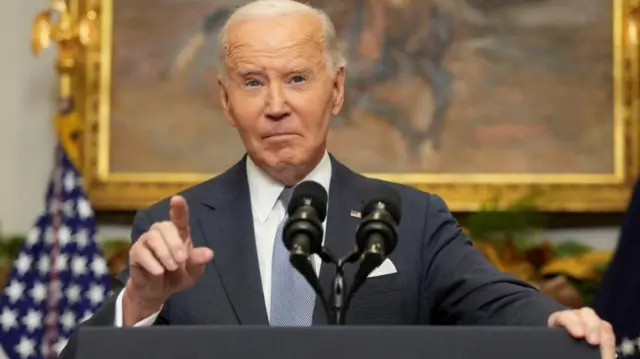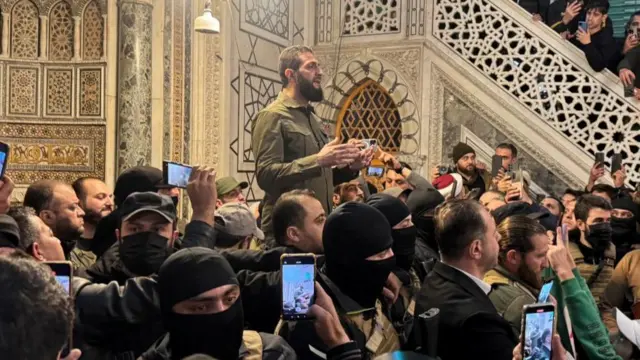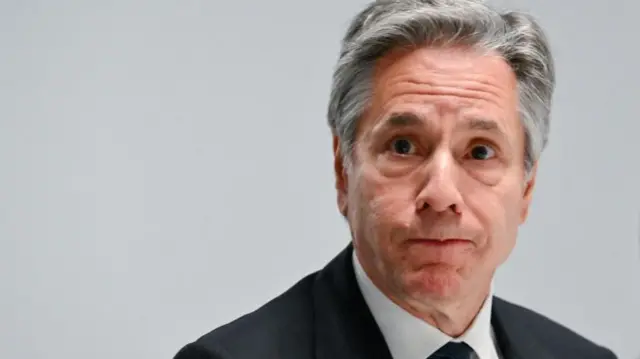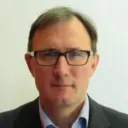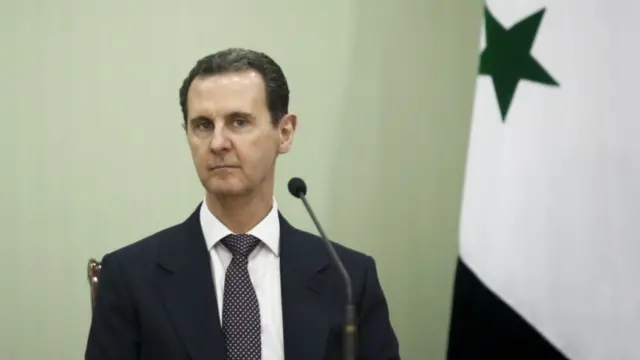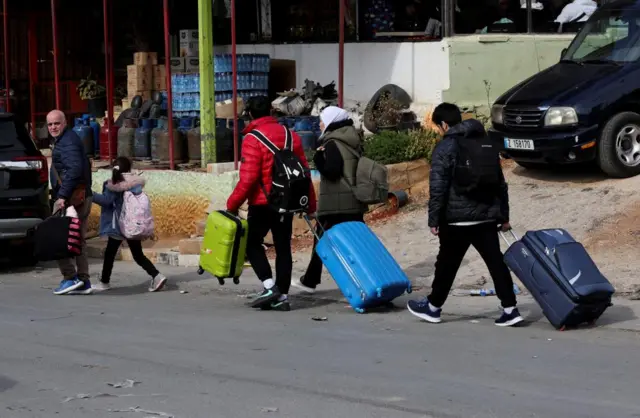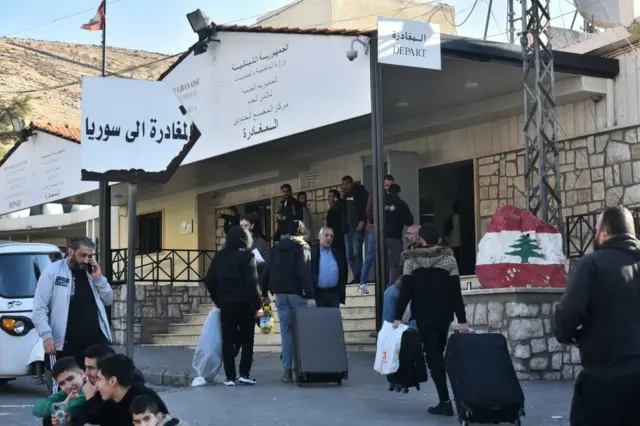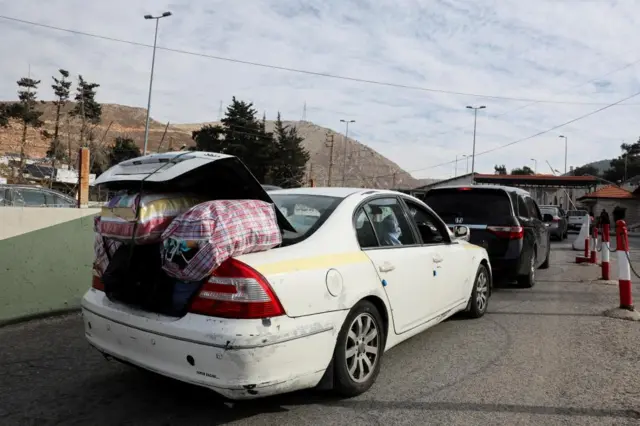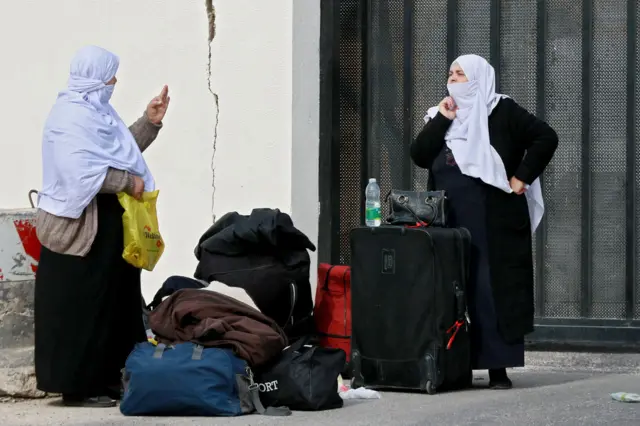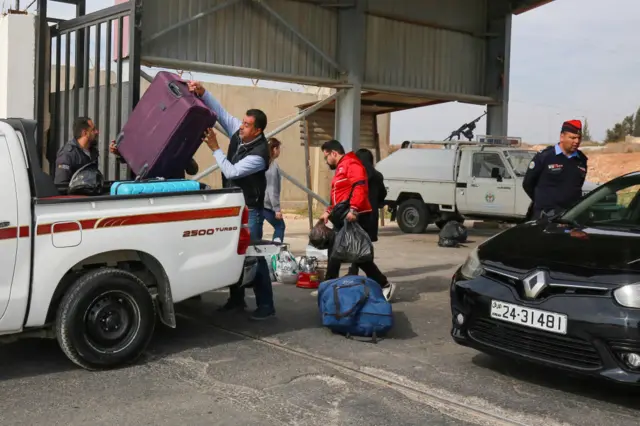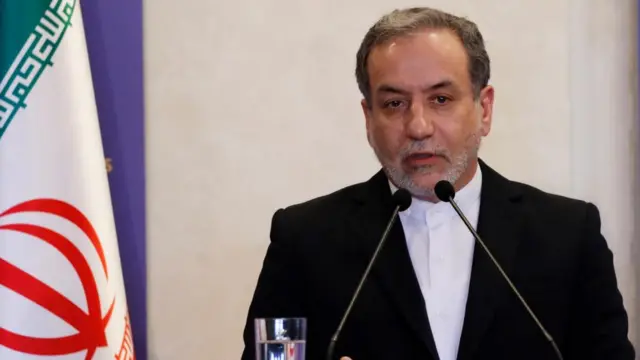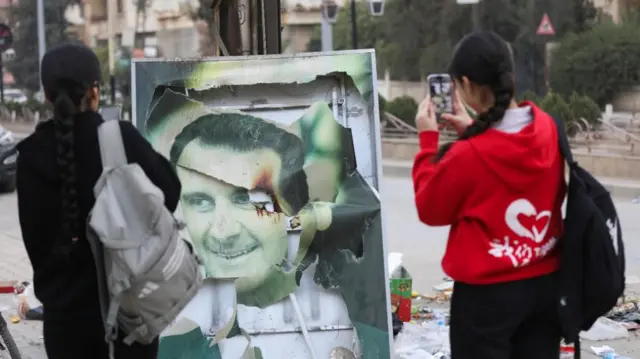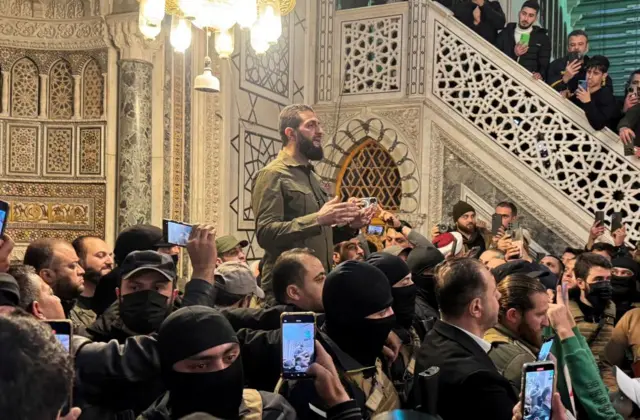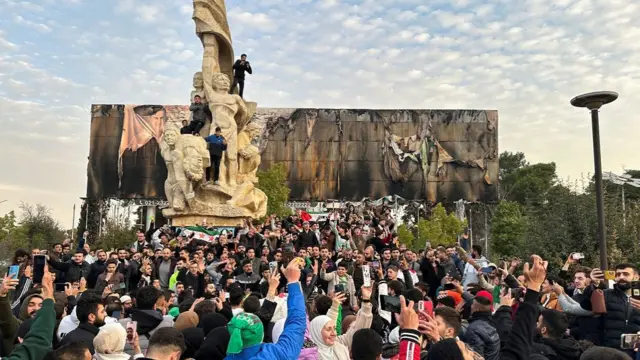The hours since the fall of Assad's regime: a recappublished at 05:10 GMT 9 December 2024
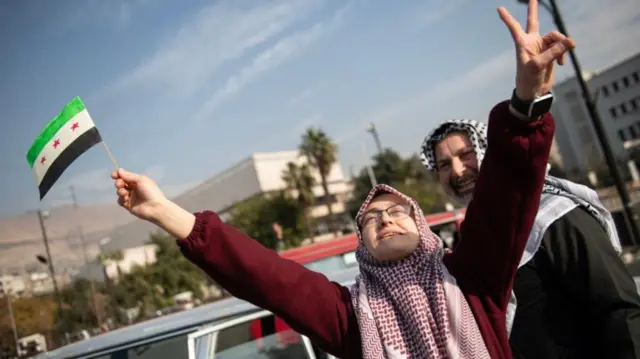 Image source, EPA
Image source, EPAWe are closing this page and will be continuing our live coverage on what's happening in Syria here.
Here is a recap of the dramatic developments in the hours since rebel forces seized the capital Damascus unopposed and toppled Bashar al-Assad.
- State media in Russia, a key ally of Assad's regime, said he and his family have arrived in Moscow and been granted asylum "out of humanitarian considerations". He fled after rebel group HTS swept into the capital this weekend
- Abu Mohammed al-Jawlani addressed cheering crowds in a Damascus mosque, where he said "this victory is for all Syrians"
- Explosions were heard in Damascus late on Sunday after the regime fell, with some reports saying Israel had conducted three airstrikes against a major security complex. Israel has not commented
- Meanwhile, civilians in Damascus and across Syria have taken to the streets erupting in cheers, tears and hopes for a better tomorrow. BBC's Barbara Plett Usher speaks to some of them, who say they can now "actually breathe"
- Rebel forces have also freed prisoners from government jails - thousands of detainees were said to have been executed or died of torture or starvation in these jails between 2011 and 2018
- Some world leaders and analysts who have weighed in on the developments stress that there is ambiguity as to what will happen next. US Secretary of State Antony Blinken said his country would closely monitor developments in Syria and assess the rebel leaders by their actions, not words.
We will bring you the latest on our new page.

